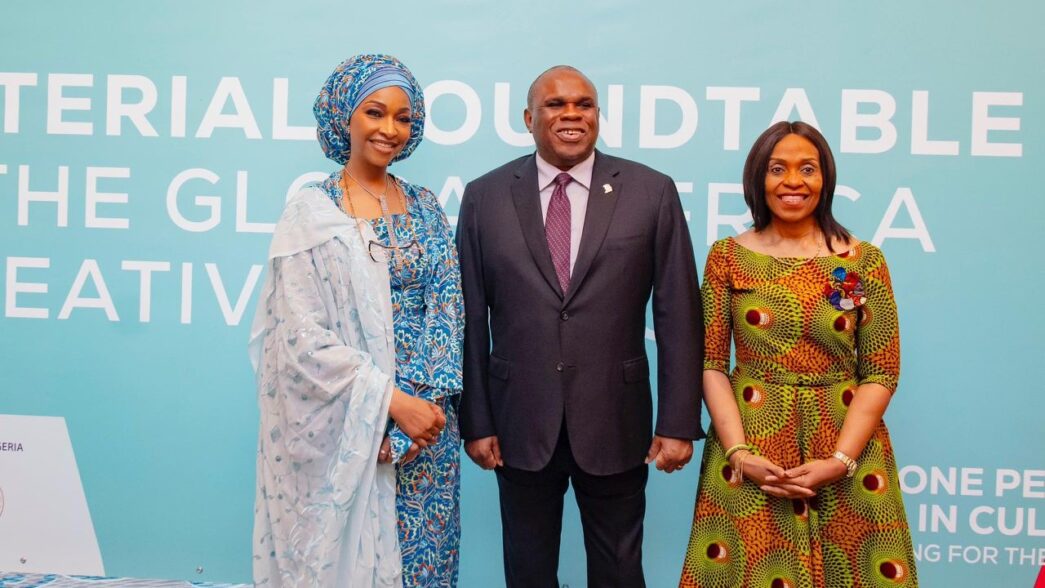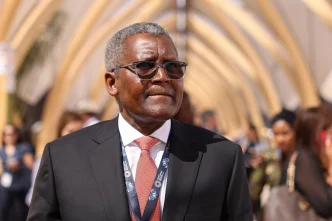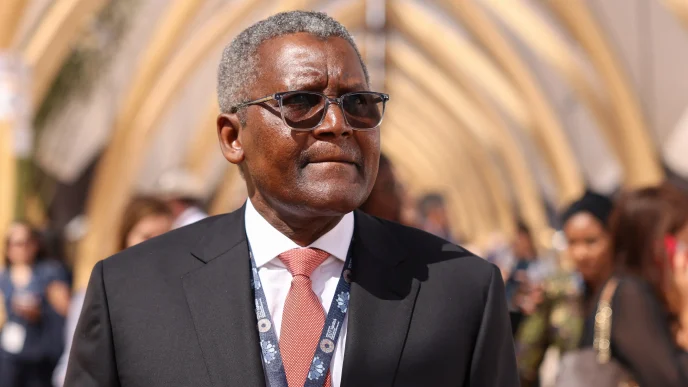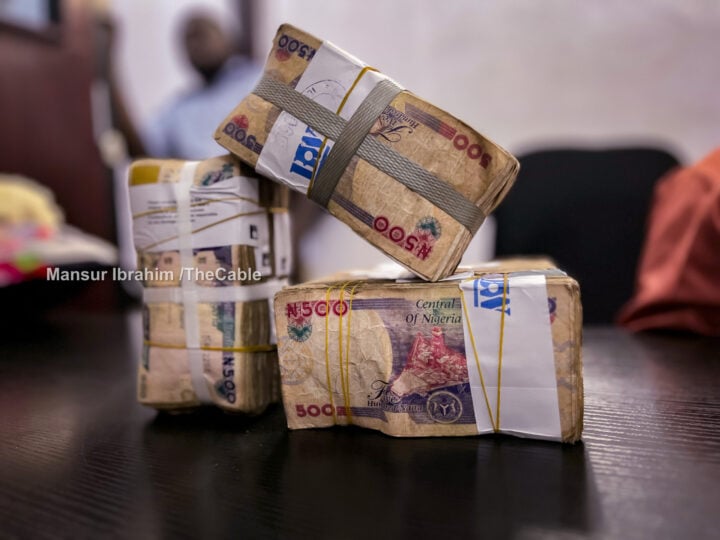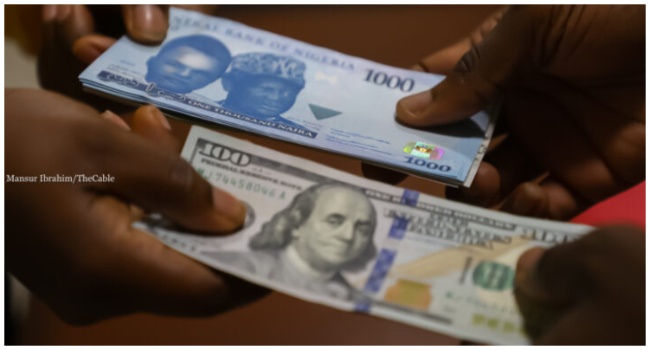L-R: Hannatu Musa Musawa, minister of art, culture and the creative economy, Benedict Okey Oramah, the president and chairman of the board of directors of the African Export-Import Bank (Afreximbank), and Kanayo Awani, the executive vice-president of Intra African Trade and Export Development/ Afrexim Bank, At the ministerial round table held at CANEX weekend held in Algeria
Hannatu Musawa, the minister of art, culture, and creative economy, says Nigeria loses $3 billion annually to foreign manufacturers of ankara, a common African wax print popular in West and Central Africa.
Nneka Anibeze, the minister’s special adviser on media and publicity, said in a statement on Wednesday that Musawa spoke at the Creative Africa Nexus weekend summit in Algiers.
Stressing the need to empower Africa’s fashion and textile ecosystem, Musawa said fabrics such as adire, kente, bogolan, and ankara embody Africa’s pride, history, and identity.
“Despite this heritage, it is deeply ironic that many of the fabrics we cherish, such as ankara, are predominantly produced outside Africa,” the minister said.
Advertisement
“Nearly 90 percent of the ankara consumed on our continent is imported, leading to an annual loss of approximately $3 billion to foreign manufacturers. We must change this.
“We must reclaim our fashion narrative by strengthening local production capacities and ensuring that the benefits of this vibrant industry remain within our borders.”
Musawa said Africa’s fashion industry is projected to grow to $15.5 billion by 2025.
Advertisement
She called for actions to address structural challenges hindering local production.
“Fashion is far more than a form of expression. It is an economic powerhouse,” she said.
“The global fashion industry is valued at approximately $2.5 trillion. In Nigeria alone, the fashion industry contributes approximately $6.1 billion to GDP, while South Africa’s textile sector employs over 140,000 people, demonstrating the sector’s capacity for job creation.
“Investments in fashion will create millions of jobs, particularly for women and youth. By expanding local production, we will not only add value within our borders but also position Africa as a global hub for fashion.
Advertisement
“We are also working diligently to protect and promote our fashion, garment, and textile industries by updating our intellectual property (IP) laws.
“These laws will protect our traditional techniques, textiles, and designs while simultaneously ensuring that we address the exploitation of our cultural treasures.
“This will prevent the originating communities from remaining unacknowledged and impoverished while others profit from their creativity.”
Musawa said the ministry is working to establish manufacturing hubs and craftsmanship training programmes under the design nexus and destination 2030 initiative across Africa.
Advertisement
She noted that the initiative aims to position Nigeria’s arts, culture, and creative economy at the forefront.
Advertisement
Add a comment

